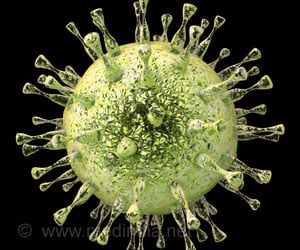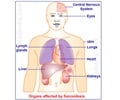N-benzyl hydroxypyridone carboxamide could be the novel potent antiviral hit (8a) inhibiting Human Cytomegalovirus (HCMV) in submicromolar range.

‘New research validates N-benzyl hydroxypyridone carboxamide as a viable agent for potent and mechanistically distinct antivirals against HCMV.’
Read More..




It revealed pharmacophore features adding optimal antiviral profile, including the 5-OH, the N-1 benzyl, at least one –CH2− in the linker, and a di-halogen substituted phenyl ring in the amide moiety.Read More..
Various analogs were found with sub-micromolar antiviral potency and good selectivity index. The preliminary mechanism of action characterization used a pUL89-C biochemical endonuclease assay, a virus entry assay, a time-of-addition assay, and a compound withdrawal assay.
ADME profiling measuring aqueous solubility, plasma and liver microsomal stability, and parallel artificial membrane permeability assay (PAMPA) permeability demonstrated largely favorable drug-like properties.
These studies validate the N-benzyl hydroxypyridone carboxamide as a viable chemotype for potent and mechanistically distinct antivirals against HCMV.
Advertisement







